How to Develop Financial Literacy
Some time ago I wrote a post named Afford Anything by Living Frugally. I wouldn’t call it controversial, far from it, but it was pretty counter-intuitive, especially for people new to the concepts of FIRE or even personal finance.
And indeed, if you take the statement in isolation, without any explanation provided, it may sound contradictory. Shouldn’t affording more mean spending more money? How would one afford anything if living frugally?
Well, questions like these were answered in the above-mentioned post. This time I want to go even deeper and highlight the more important consequences of living frugally. And of course, when I say consequences I mean benefits – so far I haven’t thought of a single disadvantage of us living below our means.
Smart with money == financial literacy?
I know a lot of people who are smart with their money, but still financially illiterate. The number of counter-intuitive statements grows faster than I expected… But anyway, let’s break it down together and see where we end up by analyzing an example of a person who has the condition.
Our test subject is a young male employee and he is, wait for it, smart with his money. That means that he spends less than he earns, he doesn’t throw money away on things he knows he doesn’t need, and his immunity to marketing is pretty well developed. Also, he has an emergency fund set up, pretty impressively so – it could last a couple of years in the current economy. And the best thing is that he didn’t even struggle or had to do much to build his wealth to this amount. His lifestyle simply does not revolve around consumerism and he has money left after his expenditures each month. In other words: he is living within/below his means.
Note, he is neither stingy nor cheap. Some would say that his salary is too high for his expenses and others would say that his expenses are too low for his salary, depending on their point of view. Regardless of how we describe it, the fact is that at the end of each month he has a percentage of his salary left (the bigger the percentage the “smarter with money” he is), which he can either save or spend.
To sum up: this person uses the proven technique of not overspending and that’s exactly what makes him smart with his money.
And now what? Of course, having an emergency fund gives better stability than any job ever could, but let’s think about what our test subject is achieving with making his savings larger and larger. Actually, put yourself in his shoes. You’re young and you’re hoarding cash month after month. Eventually your stash grows to an amount that no one could ignore. To be precise about the scope I have in mind, I will put a specific number as an example. Let’s say that you ended up with $100k in cash.
So, what do you do with the money?
What are the options?
There is no way around it, as your savings grow, you’ll eventually ask yourself what are you actually doing. Only even by marginally thinking about the topic, you’ll understand that the inflation eats your savings away, that you’ll never own & maintain a life-changing amount, and that a big portion of your savings actually doesn’t add any value to your life.
I mean it. After a certain threshold, hoarding cash in this way won’t make any significant difference in your life. And if you suppress your worries long enough, you’ll have to accept that you will work until traditional retirement with an amount of money that’s not much different than owning 20% of it.
By the way, I’m not saying that early retirement is the ultimate goal and that it’s for everyone. Not just that I’m not saying it, but I don’t even think that it should be. And if it’s not, that just brings me back to the previous question: what’s the point of having that much cash? A stash that doesn’t generate money, is not enjoyed in any way, and can’t impact your family’s life in a significant manner. Why?
However, the previous sentence contains a keyword that may grab your attention – I mentioned that the money is not enjoyed… One option of using your savings, and it’s the second smartest decision, is accepting the fact that you’re not buying years of freedom anytime soon and start affording things that you never thought possible. In other words, allow yourself to take a sneak-peek into the sweet lavish lifestyle and enjoy it with all your senses.
Unfortunately, the bad news is that after you try it out, you’ll understand that you don’t need that much money to travel the world, stay at exotic places, and enjoying the “all-inclusive” treatment you can easily afford. On the other hand, if you start liking the luxurious traveler’s way of life, you’ll understand (once again) that you don’t have enough to spend your life in that way.
And at the end, you’ll be around $20k poorer and with the same dilemma as before: what should I do with my money?
And you’ll find the answers in blogs such as mine.
Becoming Financially Literate
I witnessed variations of the example given above multiple times. And although I won’t give the answer to what you should do, I’ll give the answer to what you will do. You will become financially literate. At least, you will (have to) start.
Many of these people actually already took the first step – the exact moment when they asked themselves “wtf should I do with all this money?“. Congratulations! You’re way closer to the answer than most of the people.
But beware, the answer doesn’t exist – there is simply no single answer for everyone. But almost all of the options include investing – might be in knowledge, experiences, financial markets, or real estate. The key take away is: having the capital, an adequate portion of it should be allocated into assets that will benefit you in the future. This wouldn’t be the case if the economy was idle, the cost of living constant, and inflation didn’t exist… But the world won’t wait for some rich guy to catch up. There wasn’t anything that showed me how insignificant I am than the economy itself.
I was also guilty of being financially illiterate but smart with my money for a long time. When I started realizing that the salaries are “just more than enough” I became paranoid and literally spent months into searching ideas regarding what to do with my money. After a few not-so-smart decisions, failed attempts, and panicking, I decided to stop ignoring the obvious and proven way, and started learning about investing. All the knowledge I gained from then on is completely attributed to living below my means (and thus having money). And I was healed!
By the way, I only use frugal life as one example, since it’s the most straight forward way to having more money. But, on a broader level, having money is actually what makes us pursue financial literacy. I have a friend who is living the opposite of frugal life. He is over-indulging into consumerism and never had any money towards the end of each month. A few years ago he decided to sell his house and move closer to (what he thinks will be his long term) work. All of a sudden, even as a hardcore consumer, he ended up sitting on a six digit number and took the first step towards financial literacy by asking me the question: “what should I do with my money?“.
When should you hoard?
There is a small number of cases in which hoarding cash is MonkWealth approved. I will drill-down in a few examples, but their super-set is: when you know why you do it.
And it’s really case specific. For example, you might be still building your emergency fund to your preferred amount. You might save to buy an apartment or some other asset or liability that would improve your life in some way. Maybe you want to work for a few years and chill-out for a few years before going back to work (which might be unsustainable as we age, but not impossible). Maybe you’re above 50 years and having a pile of cash, even in the high 5 digits (as in: not even 6), can make a difference in your life by buying yourself a couple of years of early retirement. That’s the exact reason I mentioned that our test subject is a young male employee (more than 20 years until traditional retirement).
So, what should you do?
Depends on many factors: your location, lifestyle, current financial literacy, current savings rate, etc. However, since we know that the “secret” is in investing, I think that the best resource you can start from is Become an Investor, containing all the baby steps and hand holding a n00b would need to make up his mind. And if you need more motivation, check out what happens with Cash vs Stocks in 30 Years – a highly recommended read.
But whatever you do, make sure to set up an emergency fund first.
Summary
Developing financial literacy is a function of how much you save.



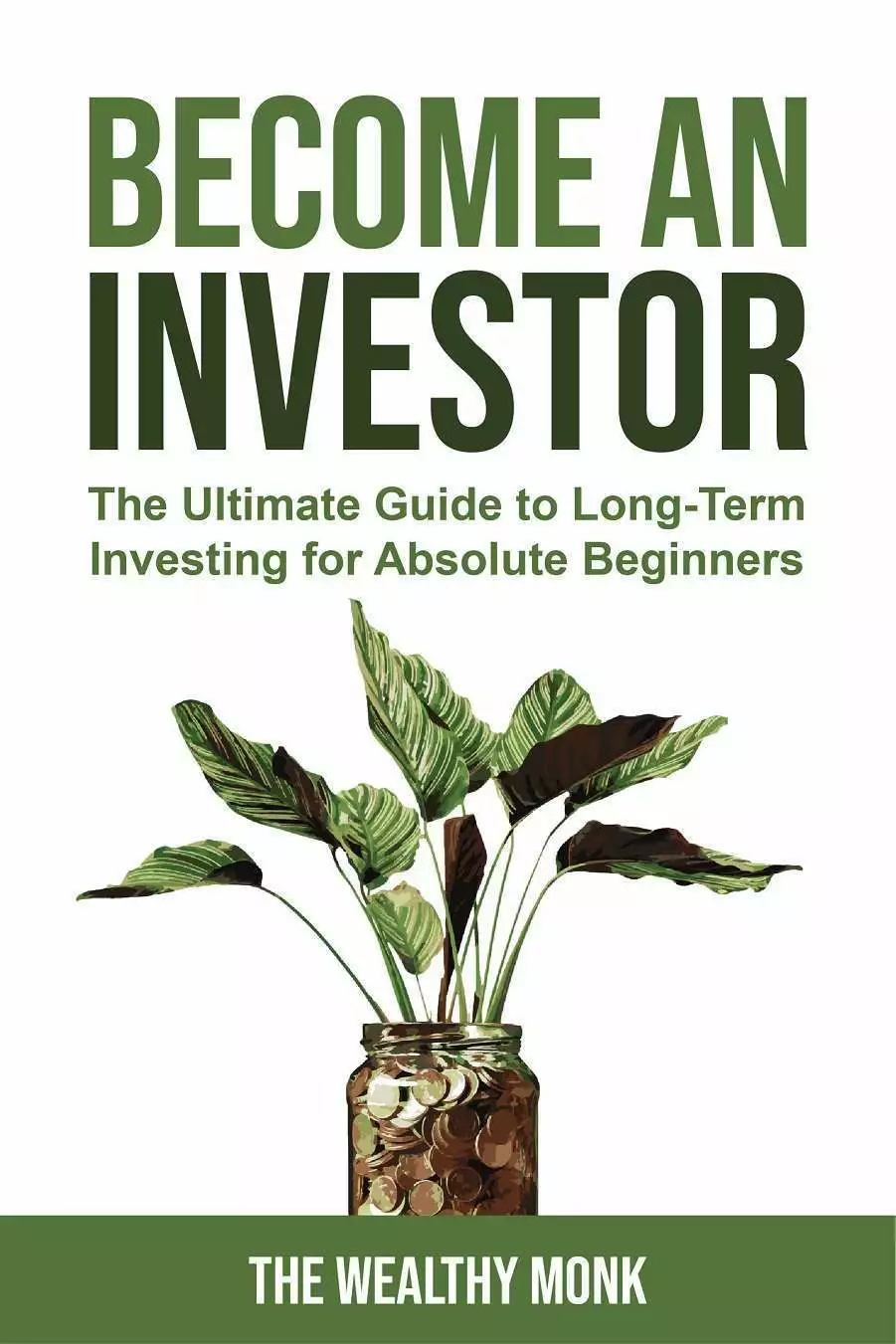





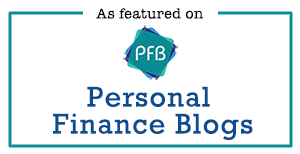

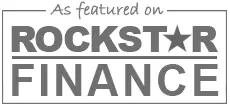

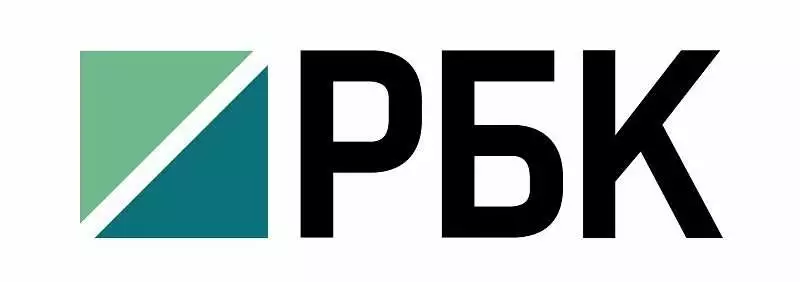

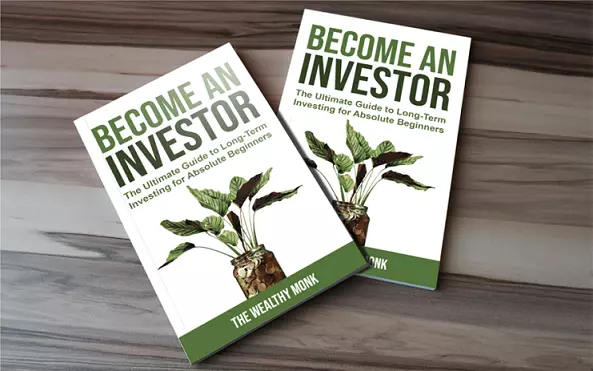
No Comments